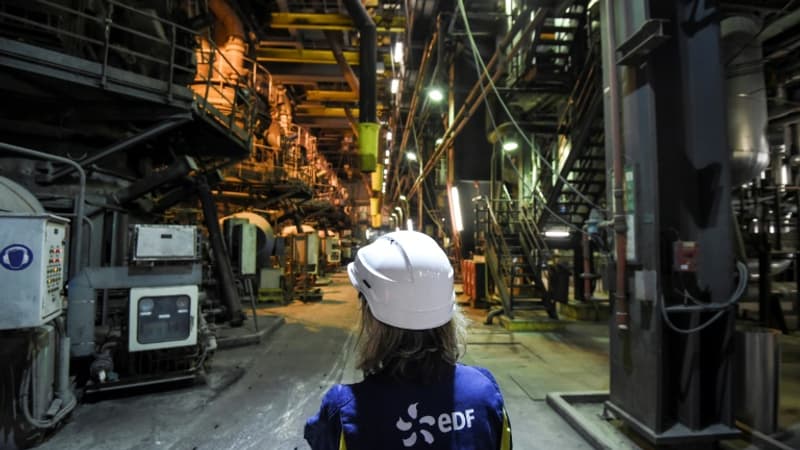Are power lines bad parents of the energy transition? The world will have to add or renew 80 million kilometers of networks by 2040 to achieve its carbon neutrality goals and guarantee its energy security, the International Energy Agency (IEA) warned on Tuesday.
Without “greater political attention and investment”, deficiencies in network quality “could make the goal of limiting global warming” unattainable” to +1.5°C compared to the pre-industrial era, and “compromise energy security” , estimates the Agency. As electricity production increases, generated by renewable energies intended to replace fossil fuels responsible for greenhouse gases, the importance of networks “will only increase.”
600 billion dollars per year until 2030
This year alone, “around the world, 80% of new power plants were renewable energy projects, particularly solar and wind,” Fatih Birol, director of the IEA, explained to AFP. However, the IEA notes that the networks “are not keeping up with the rapid pace of growth” of these technologies, electric cars, heat pumps, etc., according to the report.
However, in less than two decades it would be necessary to renew or add the equivalent of 80 million kilometers of networks in the world. According to the IEA, investments would have to double “to reach more than $600 billion a year in 2030.”
Time is running out: the IEA has identified “a large and growing queue (…) of renewable energy projects” waiting to be connected to the grid, the equivalent of 1,500 GW of future capacity, or five times solar energy and wind capacity added worldwide in 2022. Approximately 50% of these pending projects are in the United States, 20% in Europe, followed by Japan and other countries around the world.
According to the IEA, the delay in the deployment of renewable energies due to insufficient measures in the networks would generate additional CO2 emissions of around 60 billion tons accumulated between 2030 and 2050. Such a scenario would, in fact, place “the increase of global temperature well above the Paris level. The objective of the agreement is 1.5°C, with a 40% chance of exceeding 2°C.”
Source: BFM TV


